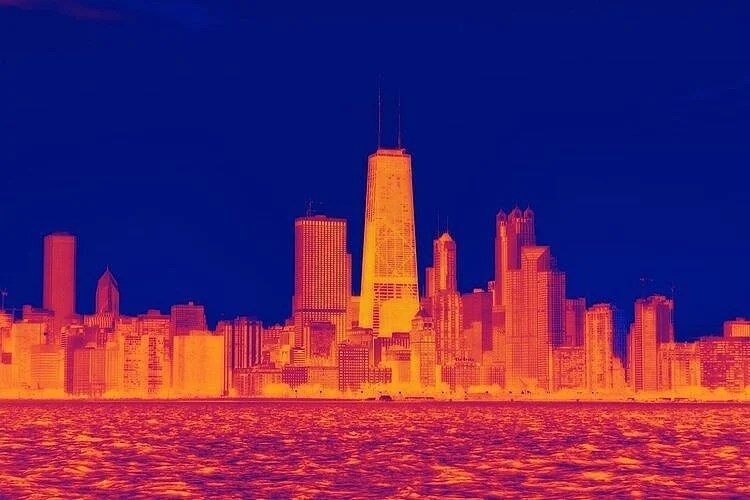
National Leaders in
Health Climate Resilience &
Extreme Heat Adaptation
image credit: Dustin Phillips
-

Community Health in Outdoor Spaces
We’ve worked with 26 community based organizations, dozens of affordable housing developers, schools, libraries and hospitals to create extreme heat adaptation and resilience solutions. Innovations include climate resilience hubs with heat refuge functions, green infrastructure to reduce ambient temperatures and airborne pollution in underserved areas, trauma-informed community resources including for food security, workforce training, recreation, maker-spaces, clinics, childcare and senior programming etc. (image credit: Farr Associates)
-

Local and State Climate Resilience Household Health
Working through the US Climate Alliance, CRC partnered with Governors’ Offices, including the senior climate advisor, emergency management, health, housing, utility, and county leaders, to form a statewide extreme heat messaging group. Collaborating with the National Weather Service and regional leaders, CRC conducted research, developed materials, and facilitated meetings to enhance Governors’ Offices extreme heat communication and activation strategies.
We’ve also co-created pragmatic solutions with Cities like Youngstown, OH, Chicago, IL, College Station, TX, Gary, IN, and the Sustainable Cities Network.
-

National Extreme Heat Strategy
CRC led the nation’s Extreme Heat Behavior Health Study, a part of National Integrated Heat Health Information System (NIHHIS), to improve extreme heat messaging to prevent extreme heat morbidity and mortality, especially among vulnerable populations. We investigated how people perceive personal risk related to heat on the human body, what information they use to make decisions, and how location, experience, and other factors impact them. To increase equitable outcomes, we recommended institutional engagement and change to protect workers and residents.

